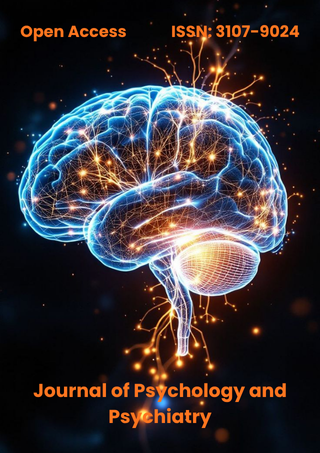Sleep and Mental Health
Sleep and mental health are deeply interconnected, with growing evidence indicating a bidirectional relationship between sleep quality and psychological well-being. Poor sleep, including insomnia, fragmented sleep, or insufficient rest, is closely linked to the onset and worsening of mental health disorders such as depression, anxiety, bipolar disorder, and post-traumatic stress disorder. Conversely, individuals with mental health conditions often experience sleep disturbances, which can hinder recovery and reduce quality of life. Sleep is essential for stress resilience, cognitive function, and emotional control. Neurobiological research has shown that restorative sleep supports brain regions involved in mood regulation, memory consolidation, and executive function. Promoting healthy sleep through behavioral therapies, lifestyle changes, and medical interventions is therefore essential for comprehensive mental health care. Understanding and addressing sleep disturbances is a key component in both the prevention and treatment of mental health disorders.
Article Processing Timeline
| 2-5 Days | Initial Quality & Plagiarism Check |
| 15 Days |
Peer Review Feedback |
| 85% | Acceptance Rate (after peer review) |
| 30-45 Days | Total article processing time |
Indexed In
ResearchBib
Sindexs
OAJI
DOAJ
CrossRef
PubMed
MEDLINE
EBSCO A-Z / Host
OCLC - WorldCat
Journal Flyer


